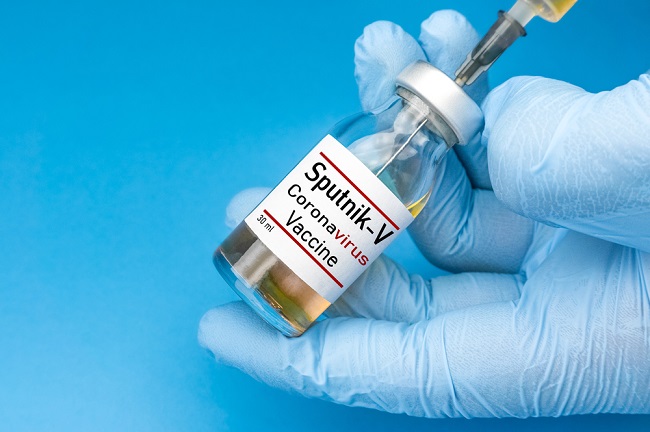High PSA levels are usually directly associated with the presence of prostate cancer. In fact, men who have high PSA levels may experience other conditions that have absolutely nothing to do with malignancy in the prostate gland.
PSA (prostate specific antigen) or prostate-specific antigen is a protein produced by cells in the prostate gland. The prostate gland itself is located just below the male bladder and serves to protect and enrich sperm. High levels of PSA in the blood indicate that something is happening to the prostate gland.

Normal PSA Level
Normal PSA levels vary, depending on age and race. The following are normal PSA levels in Asians:
- Age 40-49: normal PSA level 2.0 ng/mL
- Age 50-59: normal PSA level 3.0 ng/mL
- Age 60-69: normal PSA level 4.0 ng/mL
- Age 70-75: normal PSA level 5.0 ng/mL
Other Causes That Make PSA Levels High
To diagnose prostate cancer, other tests are needed in addition to the PSA level test, which includes a physical exam, imaging, and prostate biopsy. So, do not immediately think that high PSA levels are a sign of prostate cancer. There are various other conditions that cause high PSA levels in the blood, including:
- AgePSA levels may increase with age. This increase is caused by the growth of prostate tissue as a person ages. However, you are still advised to maintain low PSA levels.
- ejaculationPSA levels in your blood can increase after you ejaculate. Usually PSA levels will return to normal within 24 hours after ejaculation. But not infrequently, PSA levels just return to normal after 2-3 days.
- Inflammation of the prostate glandThe prostate gland can become inflamed which is known as prostatitis. This inflammation can cause PSA levels to become high. Prostatitis generally affects men under 50 years of age. Prostatitis caused by bacteria can be treated with antibiotics, while prostatitis not caused by bacteria is more durable and more difficult to treat.
- Medical proceduresAll medical procedures performed around the prostate gland will usually cause PSA levels to rise. This occurs because the prostate gland is injured or injured. Examples of medical procedures that can affect the prostate are insertion of a catheter in the bladder or surgery on the prostate and the area around it.
- Enlargement of the prostate glandBPH or benign prostatic hyperplasia is a condition when the prostate gland is enlarged, but not due to prostate cancer. If it doesn't cause problems, BPH doesn't need to be cured. But there are times when BPH causes difficulty urinating or even frequent urination. If this condition occurs, then BPH needs to be treated.
- Urinary tract infectionUrinary tract infections (UTIs) can also cause PSA levels to rise. This occurs because the UTI irritates the prostate gland so that the production of prostate cells becomes more.
How to Lower PSA Levels
To be calmer and avoid various disorders related to the prostate gland, you can lower PSA levels in the blood in the following ways:
- Avoid foods and drinks that have a high fat content.
- Eat more tomatoes, which are rich in lycopene, which can protect the body's cells from damage.
- Increase consumption of fruits and vegetables that are high in polyphenols, flavonoids and anthocyanins, such as green vegetables and pomegranates. The nutritional content in pomegranates is believed to inhibit cancer cells and slow the rise in PSA levels.
- Increase your intake of vitamin D.
- Diligent exercise can also be one way to reduce high PSA levels in the blood.
- Quitting smoking can reduce the risk of prostate cancer, and help prevent the growth of cancer cells in the body.
In addition, undergoing a medical examination (medical check-upRegular visits to the doctor are also an important step to maintain the health of the prostate gland.









